The President and head coach of Lokomotiv Kuban PBC had a decent conversation with a correspondent from our information partner, the sports portal Championat.com.
In Russian, you may read it here. However, we offer you a translation.
- At the beginning of the season you said that closer to the New Year it would become clear what Loko is able to reach this season. So, what is it?
- My opinion is that we can definitely compete for medals this season. We have already been second and third. Therefore, our goal is the championship.
- You have already worked as head coach for 3/4 of the regular championship. How would you rate your work during this period?
- It is hard to rate yourself. But I think we are on the right track. I am trying to change the players' psychology, to unite everyone with one goal. And my work will have to be rated at the end of the season.
- With you as a coach, Loko performed the best start in the club's history and also broke the club record for points scored in one match. What made it possible to start like that?
- Because we managed to prepare for the season quite well. Everyone came to the pre-season training camp, including the legionnaires. Only our national team players were absent from the functional part of the pre-season. The rest of the team went through all the stages of preparation. In many ways, this is what our successful start is connected with. But in general, I think that all these records are important only for those who deal with statistics. This is, of course, pleasant and important in some ways, but this is not the main thing for me.
- After nine wins in a row, a series of three defeats followed. What should a coach do in such a situation to stop losing?
- After winning nine games, we had a difficult away game against CSKA, where we lost in the very last seconds. Then came a home game against Zenit, where we played quite well and could have won if we had made open shots. Perhaps this played a cruel joke on us somewhere - in the next game against PARMA, a team that is well-equipped and, in my opinion, is in the top 6 of the league, ourplayers for some reason decided that the home arena itself guarantees us some advantage, they were not motivated enough and were punished as a result. After that, we had a serious talk, analyzed our mistakes, and the next games were quite different.

- What can you say about the signing of Aleksandr Gudumak during the season?
- Gudumak is a very good addition for us. We needed an experienced player in the Russian part of the roster. Also, Sasha is versatile, he can play as a power forward and a center. He has other important qualities: character, work ethic. So he fits in well with the team.
- Kirill Temirov has been surprising with his progress this season. Do you agree with this assessment? Maybe someone else is exceeding initial expectations?
- Yes, Temirov is one of the most progressing in Lokomotiv. But it seems to me that all our guys are improving today. For example, Kirill Yelatontsev. So far he lacks initiative in attack, but compared to last season he looks much stronger and more confident. Kirill is capable of more. I hope that Andrey Martyuk will show his potential in the remaining, most important part of the season. Anton Kvitkovskikh sometimes shows a good level, but he lacks stability. There are guys like Dmitry Uzinsky, who play a not very noticeable, but very important role, doing everything that is needed for the team to win. Vsevolod Ishchenko and Mikhail Vedischev are making good progress. Ishchenko was in our starting five before his injury. Mikhail, in the scarce position of number one, has shown himself brightly in many matches. Danil Sheyanov has looked good in recent games, we are counting on him at the decisive stage of the championship. I think these players are the future of Russian basketball. We are counting on Mikhail in the coming matches. We expect Ishchenko to recover closer to the playoffs. In general, I hope that after this season, all our players will become stronger and more confident.
- I can't help but ask about your eldest son Zakhar. Why didn't Lokomotiv offer him a new contract? How would you rate his season?
- Zakhar has his own path, he spent two full seasons in the main team at Loko and decided to go his own way. At the time when he made this decision, our team coach was Aleksander Sekulić. Unfortunately, Zakhar did not have a good relationship with him and by the end of the season fell completely out of the rotation. Apparently, that is why Zakhar decided to change the team. He chose Yenisei, and at first everything was okay, but due to a finger injury, Zakhar missed the entire preseason, and then, as I get it, the head coach of Yenisei placed his bets on other guys. Now Zakhar has decided to move to Dynamo Vladivostok. This is a team with ambitions, the current champion of the Superliga. I hope that everything will work out for him there. I believe in Zakhar.
- How did you react when you found out that Zenit had signed Okaro White? White, Shcherbenev — aren't you afraid that in the playoffs, if they have to face Zenit, they will be over-motivated?
- We are definitely not afraid of anyone. The word "afraid" is not for Lokomotiv. I think we are no less motivated than Zenit. Okaro White is a great player, a real professional, a great guy. Those two seasons when he played for Loko were a good time for us: we played in the final, winning in the semi-finals against CSKA; the next year we played a seven-game series with UNICS, where everything was decided in the last seconds. There is something to remember, and Okaro was one of the team leaders. I have already spoken about Shcherbenev many times - Sasha made his choice and is playing for another club today. Now we have no special attitude for both.
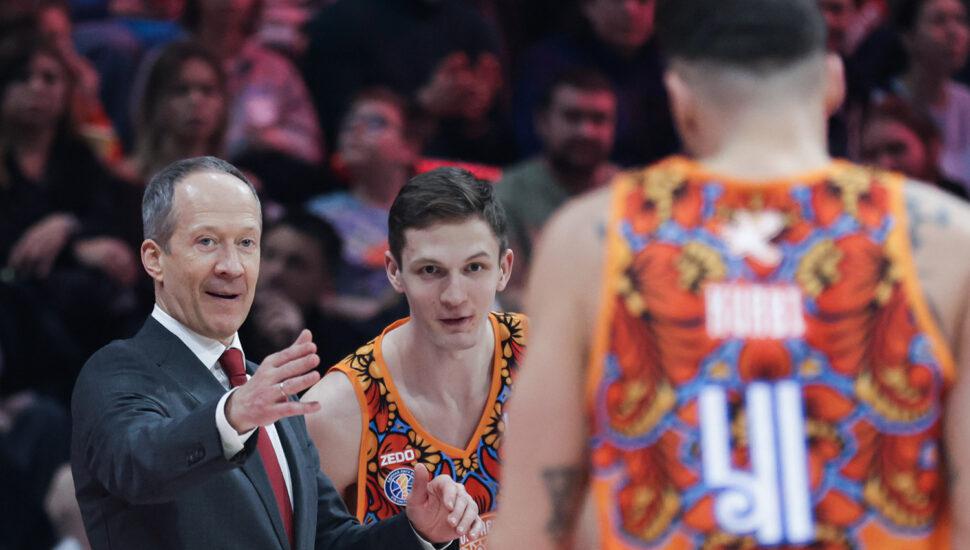
- In your very first season, you led the team at the VTB United League All-Star Game. What were your emotions when you first heard of that?
- I was surprised (laughs). But the league made their choice, and I am very happy that I'm honored in my debut season, and even won the All-Star Game. I know that this is more of a show, but working with the best Russian players in the league is prestigious. The All-Star Game added experience, emotions and memories, so I really appreciate this invitation and was glad for the opportunity.
- What helped you turn the tide of the All-Star Game in the second quarter and create a big lead in the third?
- In All-Star Games, it usually goes in waves: once you score, then the opponent is more active. When we were 11 points behind, I asked the team not to let the opponent run away too far. We got a little more involved in defense, started playing more attentively, and, of course, the guys' experience and understanding of the game played a role. Then, we managed to find the right combinations; in the second half, we played, essentially, in the same fives. The guys felt each other – due to this, we managed to break away in the third quarter. And then, coping with the pressure was already a matter of skill and experience.
- How different is managing a team that is made up entirely of stars compared to working for a club?
- It is a great pleasure for a coach to work with players who understand basketball, know where to play individually and where for the team. You just enjoy the game and give a little advice. While the club has experienced players, but there are also young players, some guys need to be firmly conducted, everyone has a different understanding of the game.
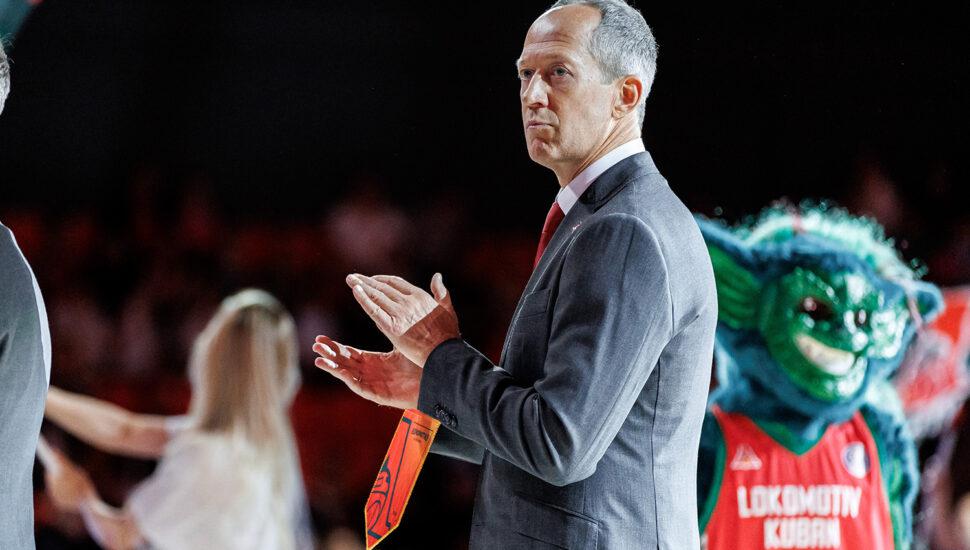
- What has been your most memorable match as a head coach to date and why?
- I liked our game with Zenit the most – the one when we scored 117 points against an opponent who knows how to defend well, and at their home. I also think that our previous game with CSKA was the highlight of the championship. This match had everything we love about the game: efficiency, intrigue, a shot at victory in the last seconds. In general, each of our away victories over Top-4 teams stands out. Each had its own scenario, and I am glad that we played these games exactly as we planned: organized, team-like, with the right energy. I think that at the moment these are the best quality games that I have won as a coach.
- If you could turn back time, would you change your mind about becoming a coach? Do you maybe regret this decision?
- No, I wouldn't change my mind. I only regret that I didn't become a coach earlier (laughs). I knew what I was getting into. Of course, I have much less free time. Yes, our logistics is not easy. But I spent half my life traveling, and when I was a player, it was probably even more uncomfortable than now. Although Lokomotiv's travels have been really tough in the last two seasons. But a person gets used to everything. I'm glad that I'm with the team. And that we're overcoming all these difficulties together.
- What was the most difficult thing for you as a coach?
- Switching to a different rhythm of life, a new daily schedule. As a coach, you have to analyze a lot, be immersed in tactical schemes. Think about how to change our tactics depending on the opponent, how to work with this or that player individually.
- Has anything changed inside you after this time as head coach? Maybe you started to look at life differently?
- To look at life another way – no. Maybe, I started to look at the team differently, at all the processes that happen inside it. As a president, I relied a lot on the opinion of others – the sports director, head coach, coaching staff. But each person has its own view. And now, when I am constantly with the team, I began to understand all the processes much better. And it has become easier for me to manage now. The team is people. Everyone has their own characters, their own vision of themselves in the game. Everyone has a different attitude to their career, to the minutes on the court. To build a competitive team, you need to unite everyone with a common goal. This is what I had to work on first of all. Now you can see how the guys are changing for the better, becoming mentally stronger, and I am very happy about it.
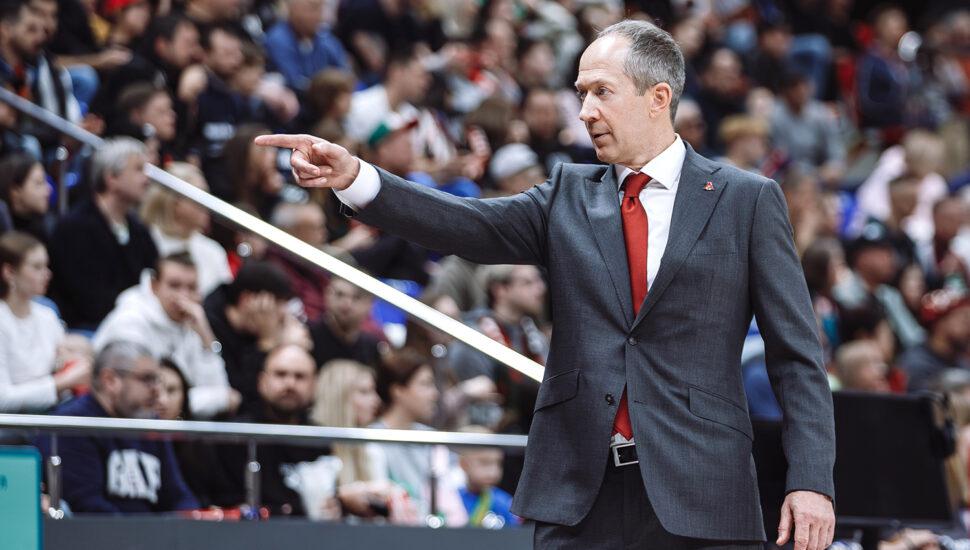
- Do you think that you, as a coach, have already developed your own style?
- There is probably some style, but it's hard for me to say now, we haven't even played in the playoffs yet. I delegate a lot to my coaching staff, my assistants help me manage the training process, they perform important tasks in preparing the team. Of course, the main vector is determined by the head coach - in terms of choosing tactics, using players and from a psychological point of view. Nevertheless, the entire coaching staff does one thing and is united by one desire, one goal - that's what is really important.
- What was the most unexpected feedback you received about your work? From colleagues, from other basketball players, from anyone outside the basketball world?
- I have heard many opinions, but I do not care much. What is important to me is where we will be at the end of this season. Many people ask how it is possible that the president became a coach and the team beats serious opponents. Basketball is my whole life, I have been in this sport since I was nine years old. First I was a player, then a sports functionary, the president of the club. The decision to become a coach was both unexpected and expected for me. At some point, I clearly realized that only someone who has dedicated many years to building this system can achieve maximum results and at the same time develop the reserve. A guest specialist is least concerned about the result over a long distance – and this is understandable. And I, being both the head coach and the president, can afford to experiment – give playing time to talented young people, reserves – and I am responsible for the result. Now I understand that sooner or later I would have come to this decision anyway. I talked a lot with different coaches, delved into their reasoning, point of view and psychology, and made some of my own conclusions.
- You have certainly captured the attention of the entire basketball community. Wouldn't you like to write a book about your journey, about coaching? Or maybe make a film?
- Maybe. Why not? I'll think about it when I have some free time (smiles). There's a lot to remember and tell. It would be interesting, actually. I don't know about the film, but I'll definitely think about the book.
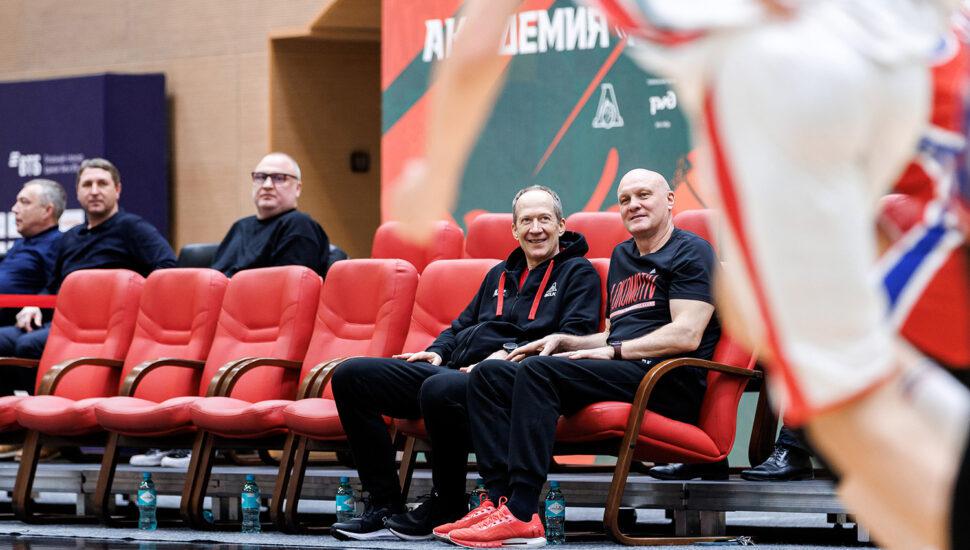
- Let's talk about other teams in the Lokomotiv system. The youth team is in 8th place this season – not exactly what is expected from the recent champion. What do you think is the reason for this?
- Firstly, we have significantly rejuvenated the team. Many of those who are still old enough to play in the VTB United Youth League are already playing in the Superliga. We have sent many talented younger guys to the youth team. Maybe, we could have done it a year or even two earlier. Now, these guys are still adapting, not everything happens quickly, this is primarily what Loko-2's current results are connected with. Secondly - and I constantly tell the academy coaches about this - the maximum result comes when you have an idea and know how to imply the right process and prepare players individually. You cannot coach poorly and still win something. Everything goes together. I know that some teams in our system have objective problems with the roster, somewhere the results are connected with rejuvenation, somewhere the coaches must work better. We will analyze everything at the end of the season. This season, our Academy has a new sports director for youth projects, Ilya Kuznetsov. I like his approach. The only thing is that he lacks experience, but that is okay. I am optimistic about the future of our Academy. And I am sure that we will continue to give stars for Russian basketball.
- The Superliga team ORSS-Lokomotiv-Kuban this season, on the contrary, is going much higher than the schedule of previous years. Due to what?
- I think this team is capable of getting into the playoffs, and, moreover, even trying to fight for the Superliga medals this season. Another thing is that they did not have a very successful start, although everything looked quite successful and good in the preseason. In the offseason, we added two experienced players to the key positions of the first and fifth numbers - Artyom Chevarenkov and Alimjan Fedyushin. They gave our youngsters confidence in their abilities. Then an unsuccessful start, several games were lost in the last minutes, but gradually the team found its game, had a huge chance to reach the Final Four of the Russian Cup, but, unfortunately, it did not work out. In general, I associate such a performance with the appointment of a demanding coach [Miloš Pavičević] and with the addition of two players with extensive experience. Whether they will be able to make it to the playoffs will largely depend on the team's lineup for the decisive matches and whether injured players will have time to recover.
- Isn’t there a temptation to give ORSS-Loko a few players to make it easier for them to get into the playoffs?
- No. It seems so simple from the outside: you give them players, they play there, then come back and play here. In fact, it’s a complete change of focus, attention — everything changes. Yes, sometimes we move players around. If we’re at home, we try to let those guys who play less or have just returned from injuries play so that they can regain their confidence in the Superliga. But it’s a very complicated story. We have a different training schedule, a different preparation for matches. If you recall our recent defeat to Nizhny Novgorod, before that game we had eight people training, since some of the guys flew to Yekaterinburg for the ORSS-Loko cup game. The main team didn’t have the opportunity to practice five-on-five interactions. Then the players returned — some with a decline in physical fitness due to flights, some with minor injuries. We didn’t prepare properly to Nizhny, and the result immediately affected the first team. That's why now, the closer the VTB United League playoffs are, the less often we will give someone to ORSS. For us, the results of the main team are in the first place, and the Superliga team has its own roster, and the young guys have an excellent chance to prove themselves.
- Loko-2008, Loko-2009 and Loko-2010 have already secured places in the final rounds of the Russian championship in their age groups, and the years 2008 and 2010 have not suffered a single defeat yet. Is this all thanks to your Youth Training Center?
- I think it's a combination of factors. We had a pretty good selection for the 2009-2010 age groups, especially for 2010 – this is one of the best teams that is assembled in the academy today. With the sports infrastructure that has been created at Lokomotiv, it is easier to conduct selection. The conditions that we can provide the guys are some of the best in Russia today. We have the opportunity, without going outside, to organize a full training cycle with accommodation, food, medicine. This greatly affects recovery, rest and study. When the young guys receive such living conditions, they already have an advantage. And then everything is in their hands. I actually think that Lokomotiv should prepare not only players, but also coaches. Training methods, a schedule of preparation for games – the most important basic things should be systemic. And all coaches in our academy must work according to the approved system, while improving their qualifications.
Share with Friends:
